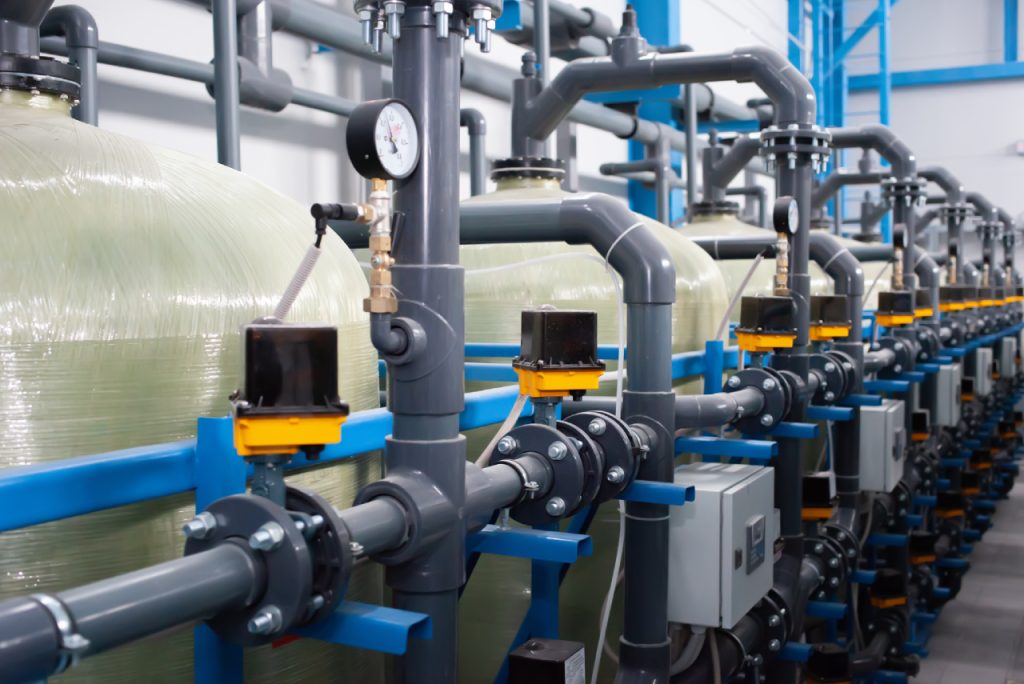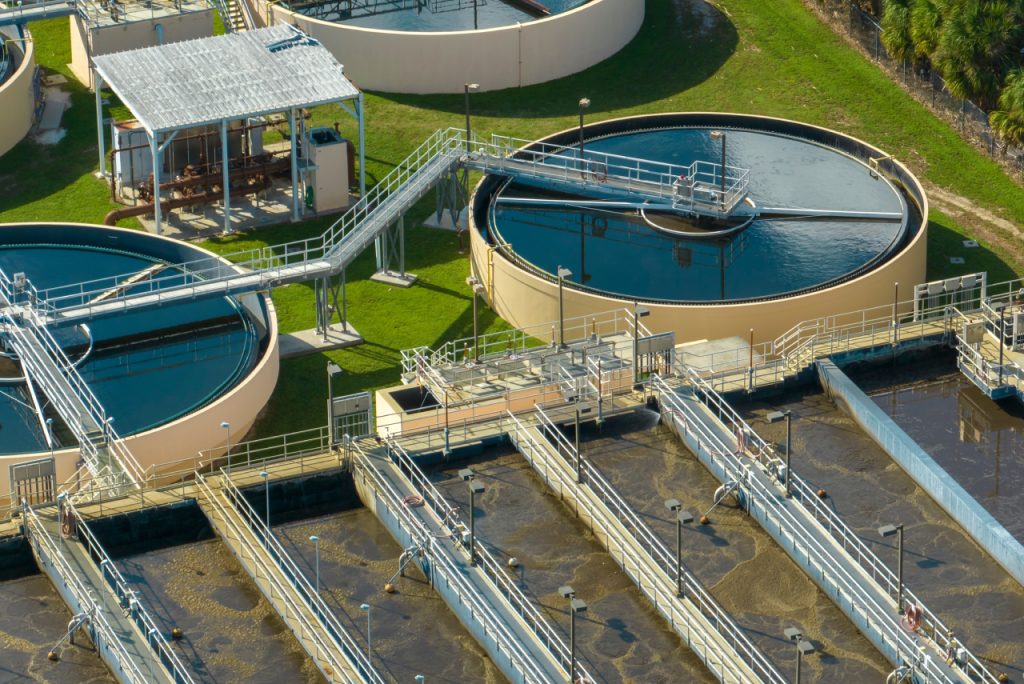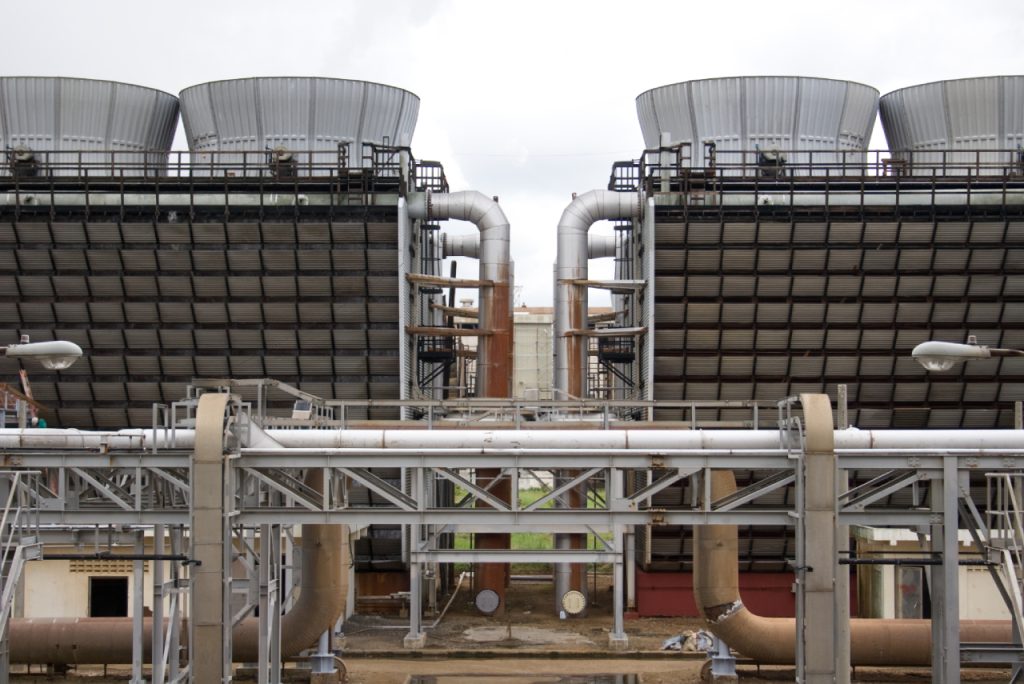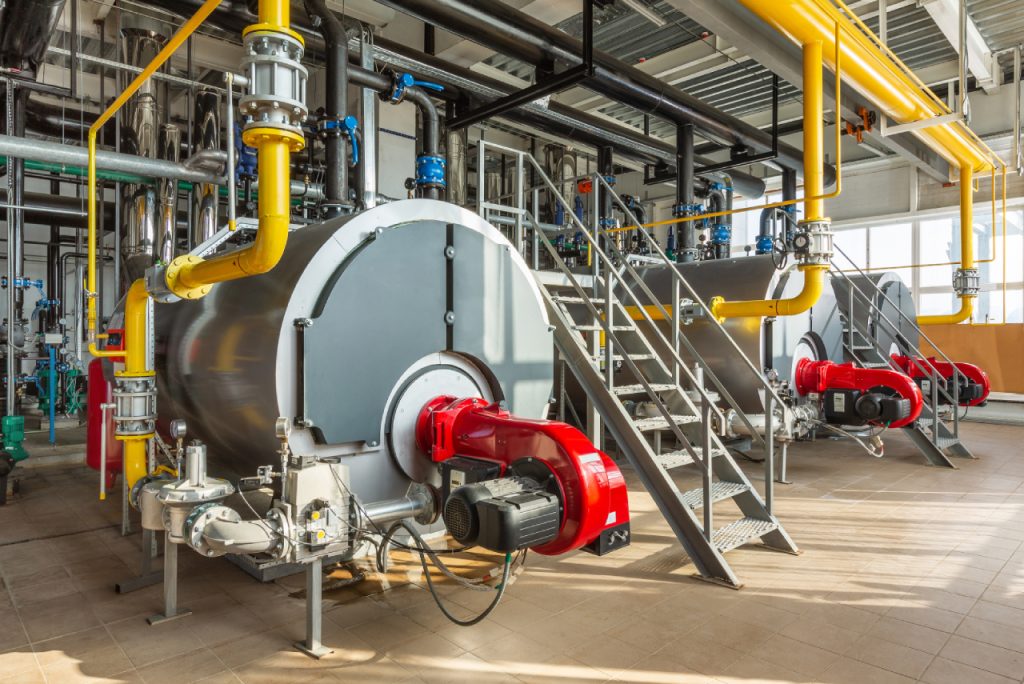Waste Water Treatment
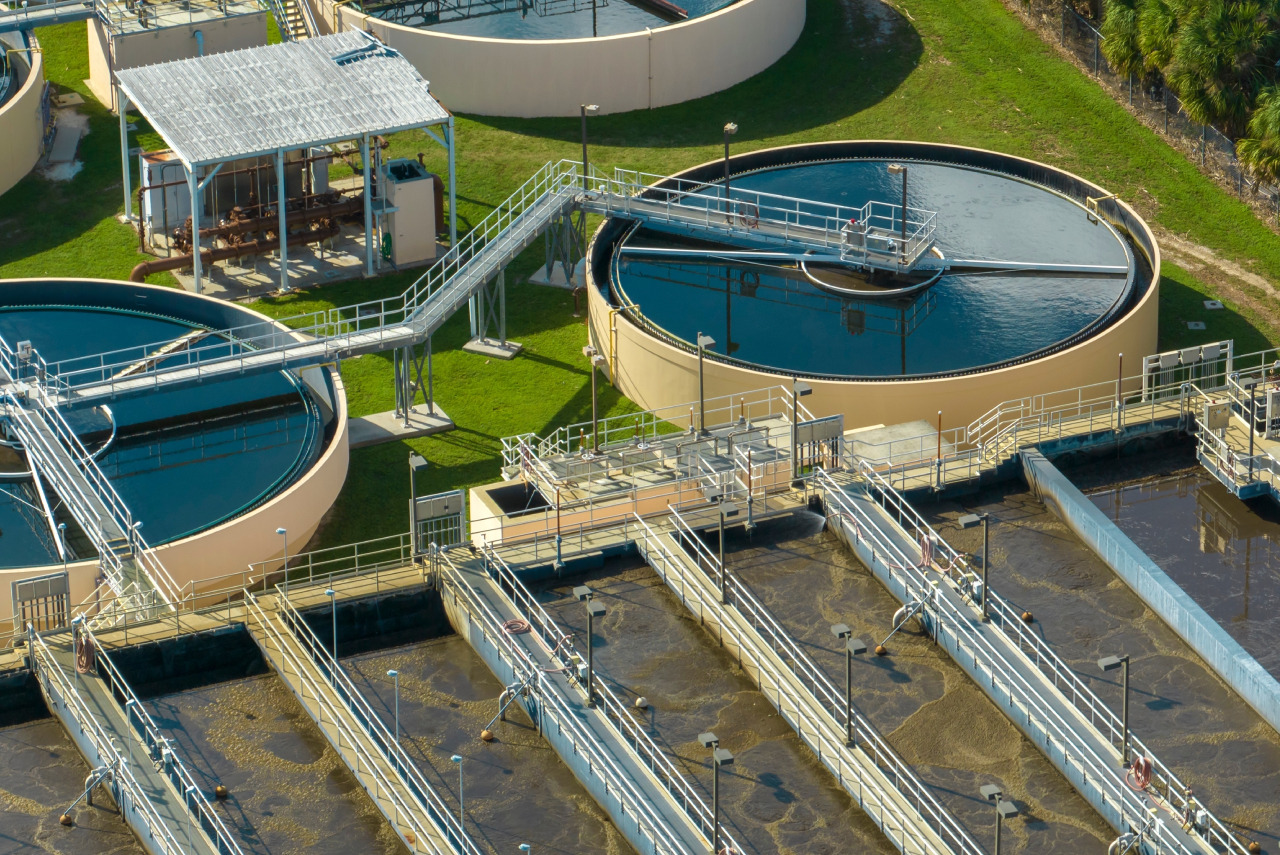
The Challenges of Wastewater Treatment
In industrial operations, wastewater quality can vary significantly from plant to plant and even within the same facility. This variability presents unique challenges that require expertise and experience for effective treatment. Here are some common problems faced in wastewater management:
Variability in Wastewater Composition
Wastewater from different industrial processes can have vastly different compositions, including variations in:
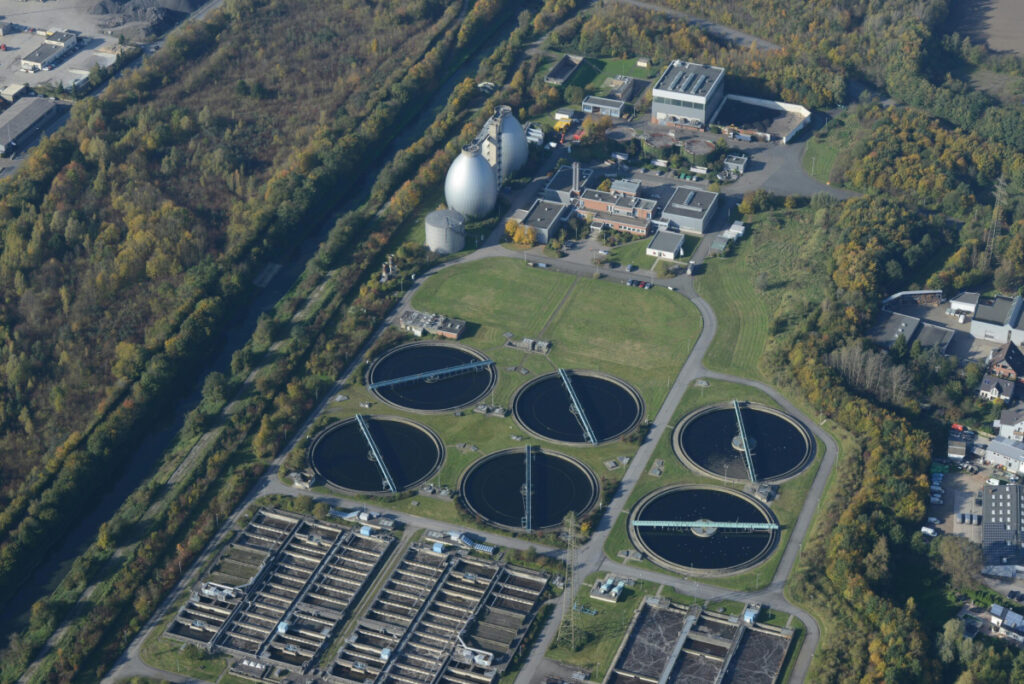
- Chemical Contaminants: Different industries produce wastewater containing various chemicals, which may require specific treatment methods.
- Biological Load: The presence of organic matter can fluctuate, affecting the biological treatment processes.
- Physical Properties: Changes in temperature, pH, and turbidity can impact treatment efficiency and effectiveness.
This variability necessitates a tailored approach to wastewater treatment, ensuring that each unique composition is addressed appropriately.
Compliance with Discharge Regulations
Industrial facilities must adhere to strict discharge regulations to protect the environment and public health. Common challenges include:
Sludge Management
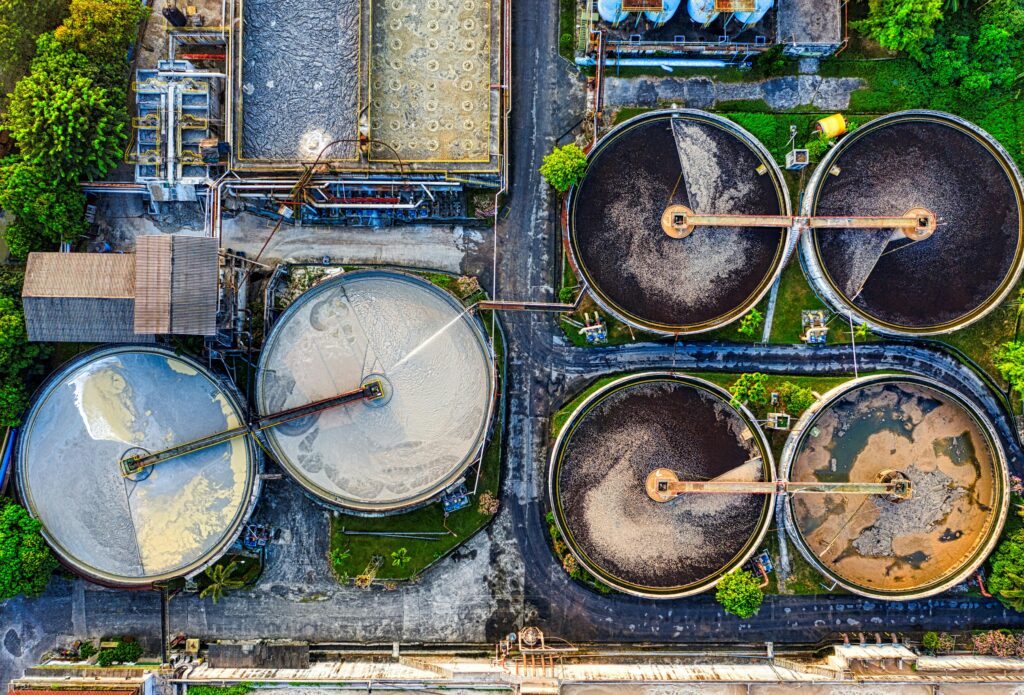
- Meeting Regulatory Standards: Facilities often struggle to meet local and national discharge limits for pollutants such as heavy metals, nutrients, and biochemical oxygen demand.
- Monitoring and Reporting: Continuous monitoring and accurate reporting of wastewater quality can be resource-intensive and complex.
- Penalties for Non-Compliance: Failure to meet regulatory requirements can result in significant fines and operational disruptions.
The generation of sludge is an inevitable part of wastewater treatment processes. Challenges associated with sludge management include:
- Volume Control: High volumes of sludge can lead to increased disposal costs and operational challenges.
- Dewatering Efficiency: Inefficient dewatering processes can result in excess moisture content, complicating disposal or reuse options.
- Stabilization Needs: Proper stabilization of sludge is necessary to reduce odors, pathogens, and environmental impact.
Implementing effective sludge management strategies is essential for optimizing overall wastewater treatment efficiency.
Solutions
To address these challenges effectively, KontrolKem offers a comprehensive range of chemical treatments and equipment designed specifically for wastewater treatment.
Chemicals
- Coagulants (organic and inorganic): Facilitate the aggregation of suspended particles for easier removal during treatment processes.
- Flocculants (anionic and cationic): Improve sedimentation by binding fine particles together into larger flocs that can be easily removed.
- Heavy Metal Precipitants: Effectively remove heavy metals from wastewater, ensuring compliance with discharge regulations.
- Phosphate Reducing Agents: Help control nutrient levels in treated water, preventing eutrophication in receiving bodies of water.
- Surfactants: Lower surface tension, helping to break down oils, grease, and hydrophobic substances in wastewater treatment, thereby enhancing the removal of contaminants.
- Acids and alkalis: For neutralization of pH levels to ensure the water is within safe and acceptable limits for discharge or further processing.
- Antifoamers: Reduce or prevent the formation of foam, preventing overflow or equipment damage.
- Paint detack: Used in the automotive industry help remove sticky paint residues from paint booths, preventing clogging, and supporting water reuse and savings by enabling the treatment and recycling of wastewater.
- Deemulsifiers: Breaking emulsion, aiding in the removal of oil through flotation or settling.
Equipment
- Filtration Systems: Remove suspended solids and impurities from wastewater to improve overall quality.
- Clarification Units: Separate solids from liquids through sedimentation processes, enhancing treatment efficiency.
- Dissolved Air Flotation (DAF) Systems: Efficiently remove suspended solids and oils from wastewater streams.
- Sludge Dewatering Equipment: Reduce the volume of sludge for easier handling and disposal.
- Biomass Control Systems: Manage biomass effectively during biological oxidation processes to optimize secondary treatment.
- Neutralization systems: using pH sensors and automatic dosing precisely monitor and adjust pH levels in wastewater, ensuring optimal neutralization and consistent treatment while reducing chemical use and human intervention.
Optimize your industrial process with our expert water treatment solutions, designed to improve efficiency and protect the environment. Contact us today to schedule a meeting and discover how we can help you achieve your goals!
Applications
Pretreatment
The Challenges of Water Pretreatment Water pretreatment is a crucial step in preparing water for…
Waste Water Treatment
The Challenges of Wastewater Treatment In industrial operations, wastewater quality can vary significantly from plant…
Cooling Water Treatment
Why treat industrial cooling water? In industrial facilities, maintaining efficient cooling water systems is essential…
Boiler Water Treatment
Why treat industrial boiler water? Scale Scale formation is a significant issue in boiler systems,…


